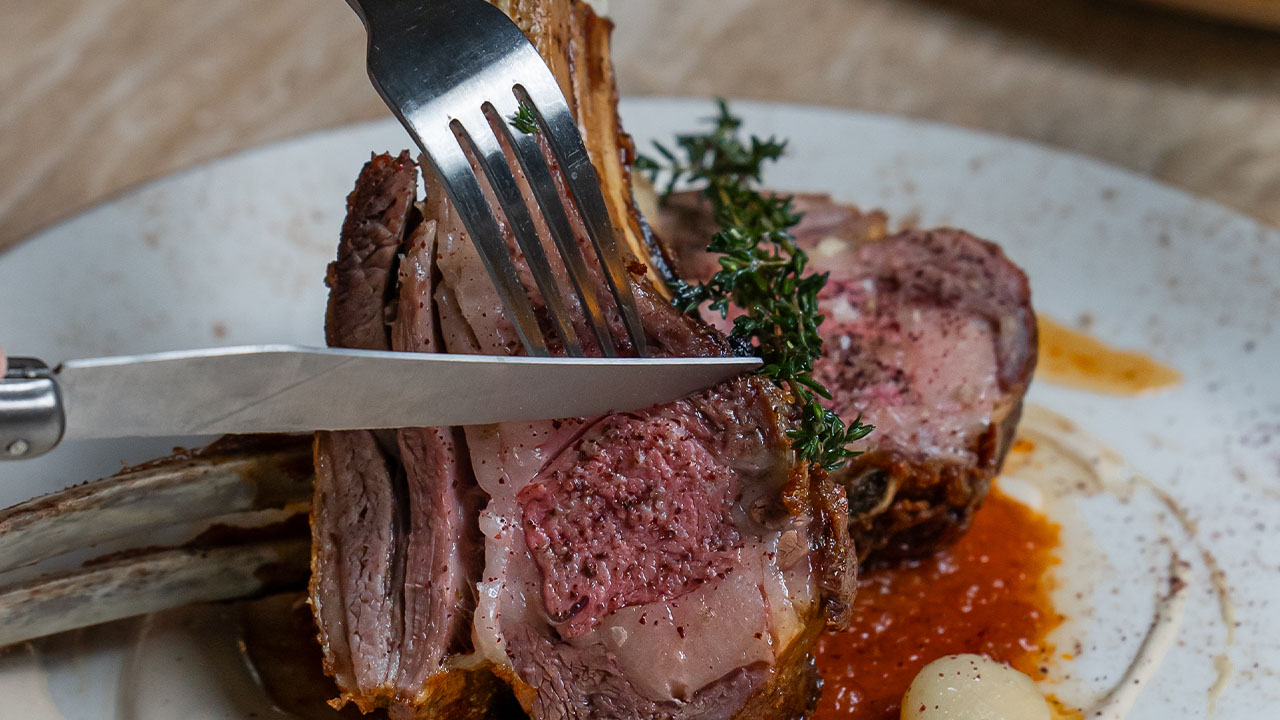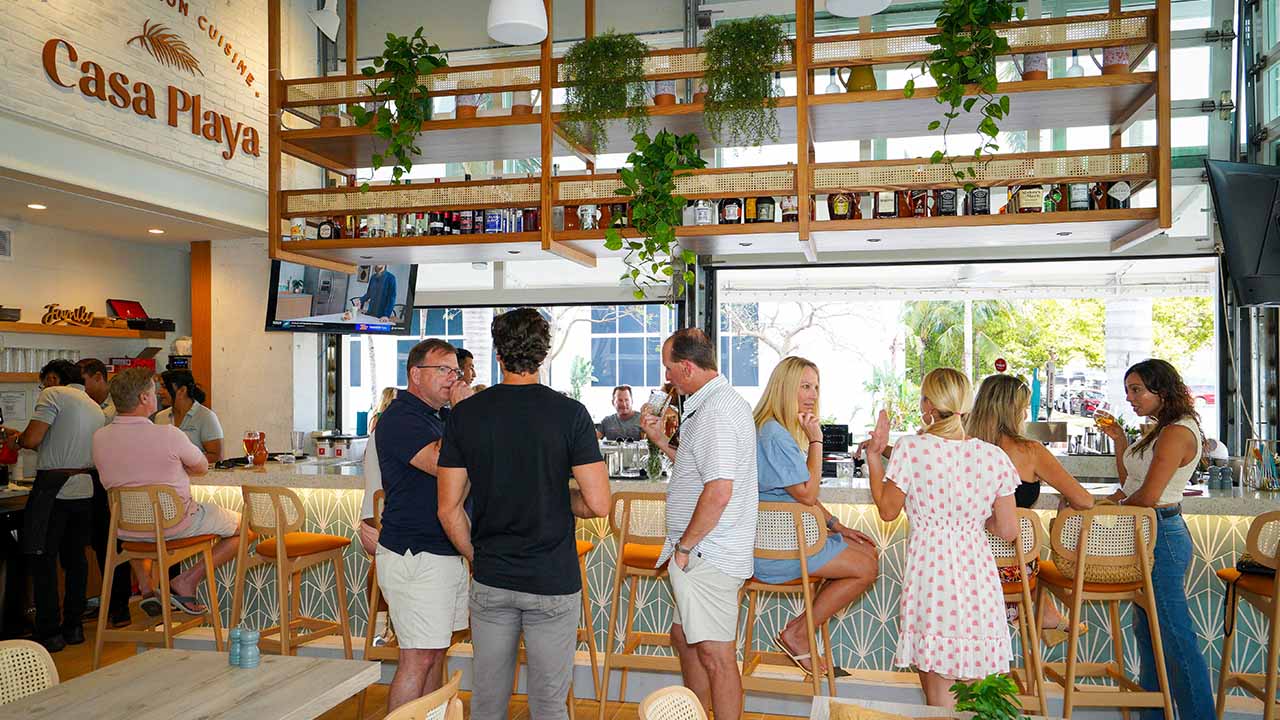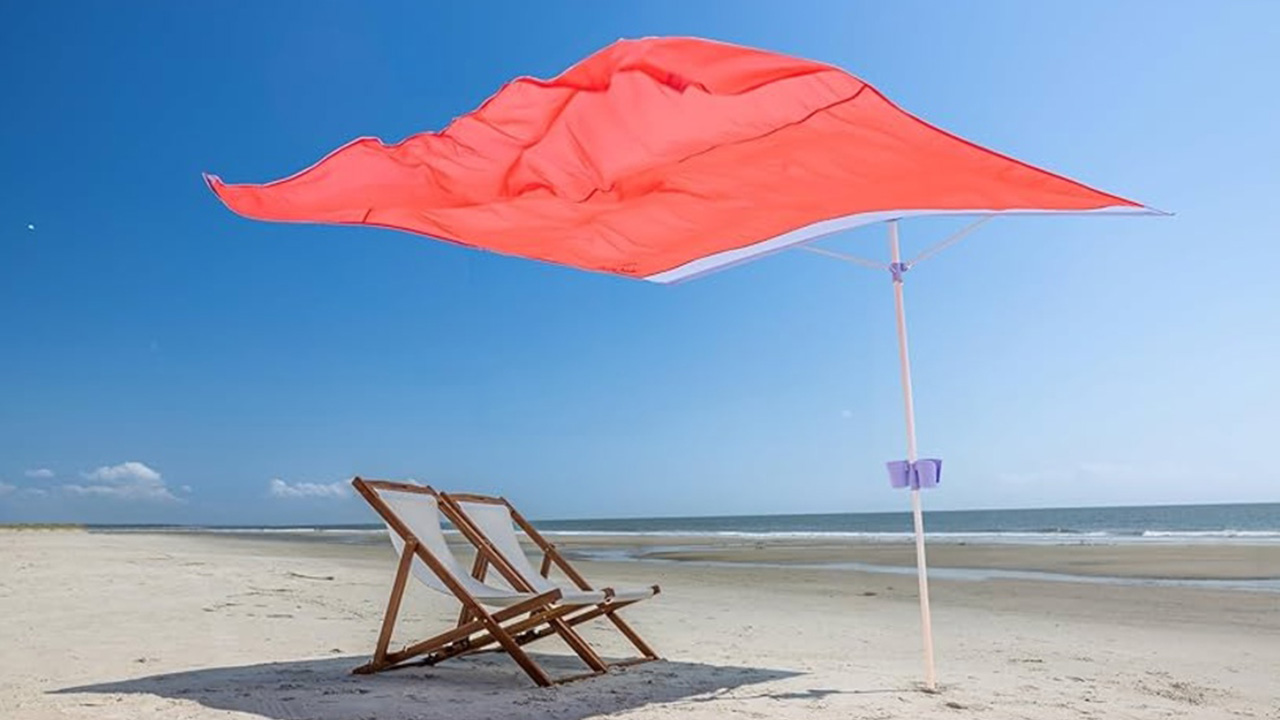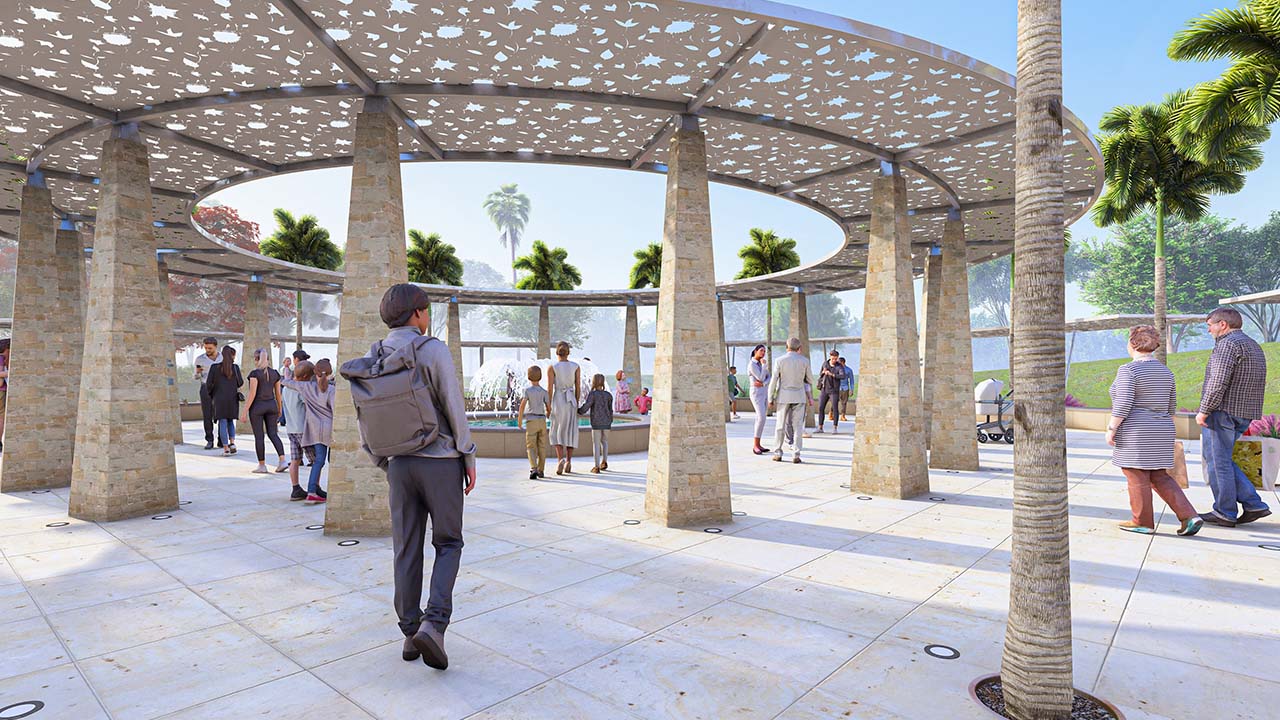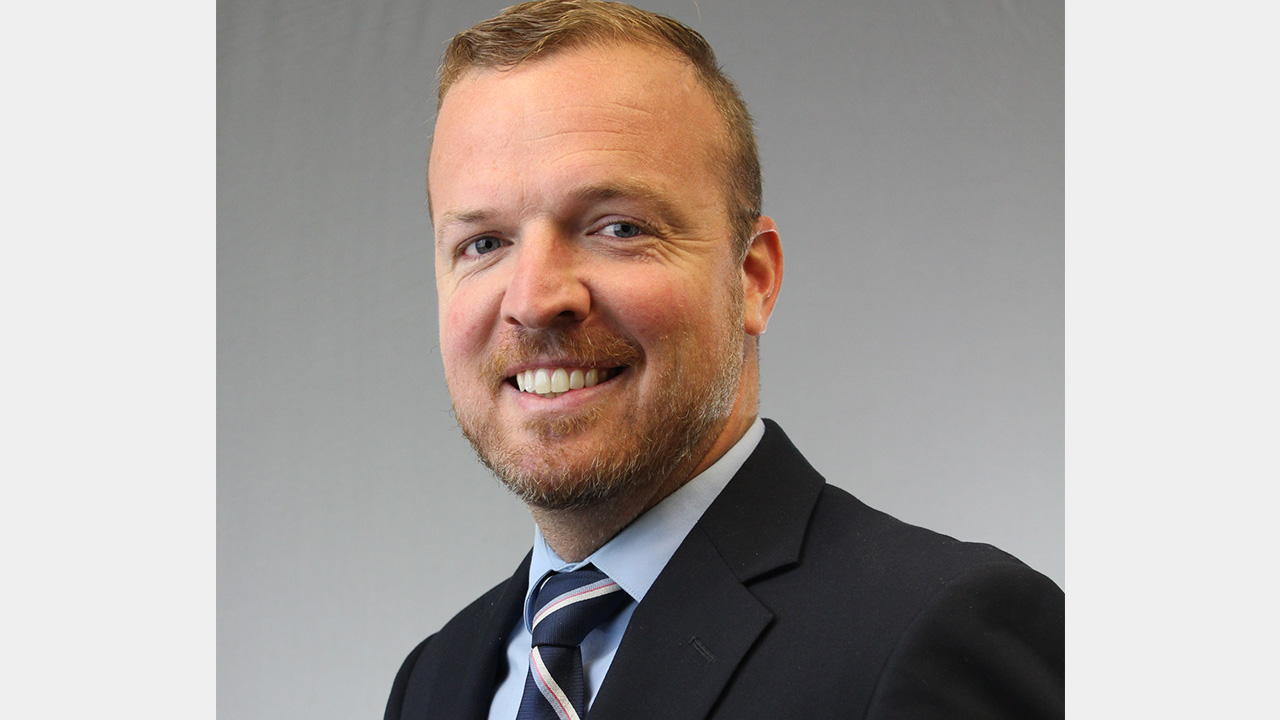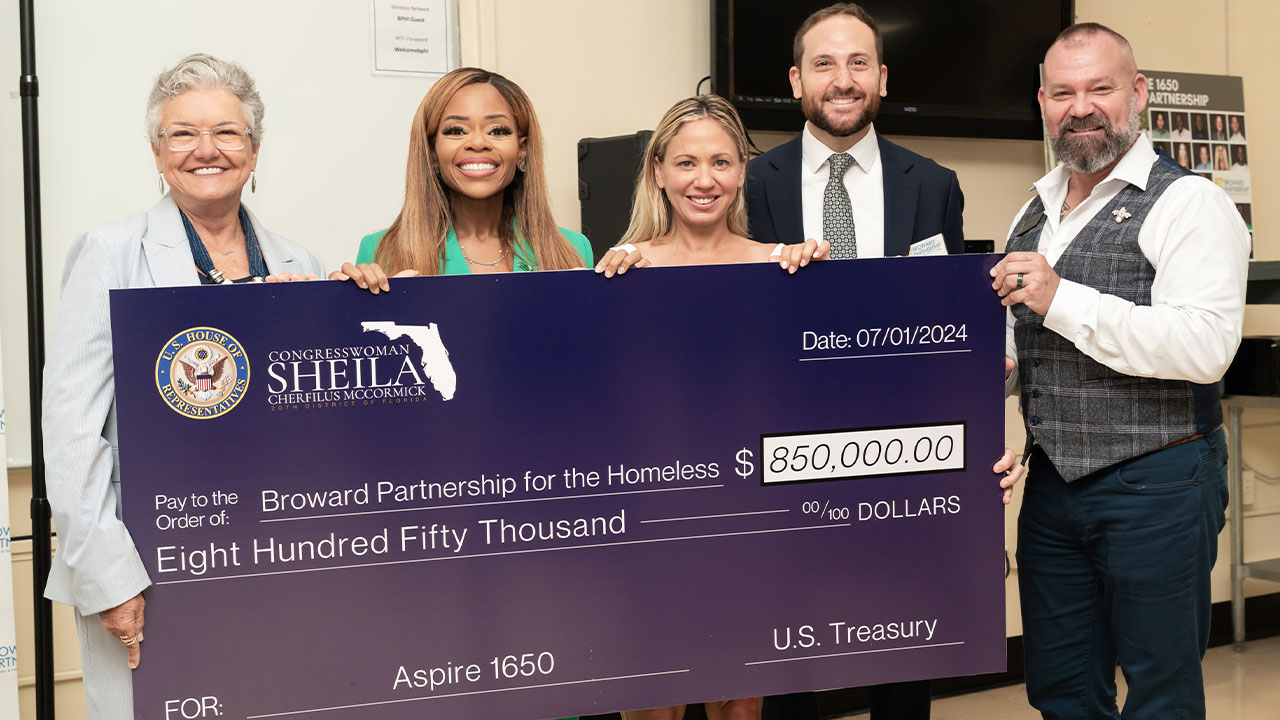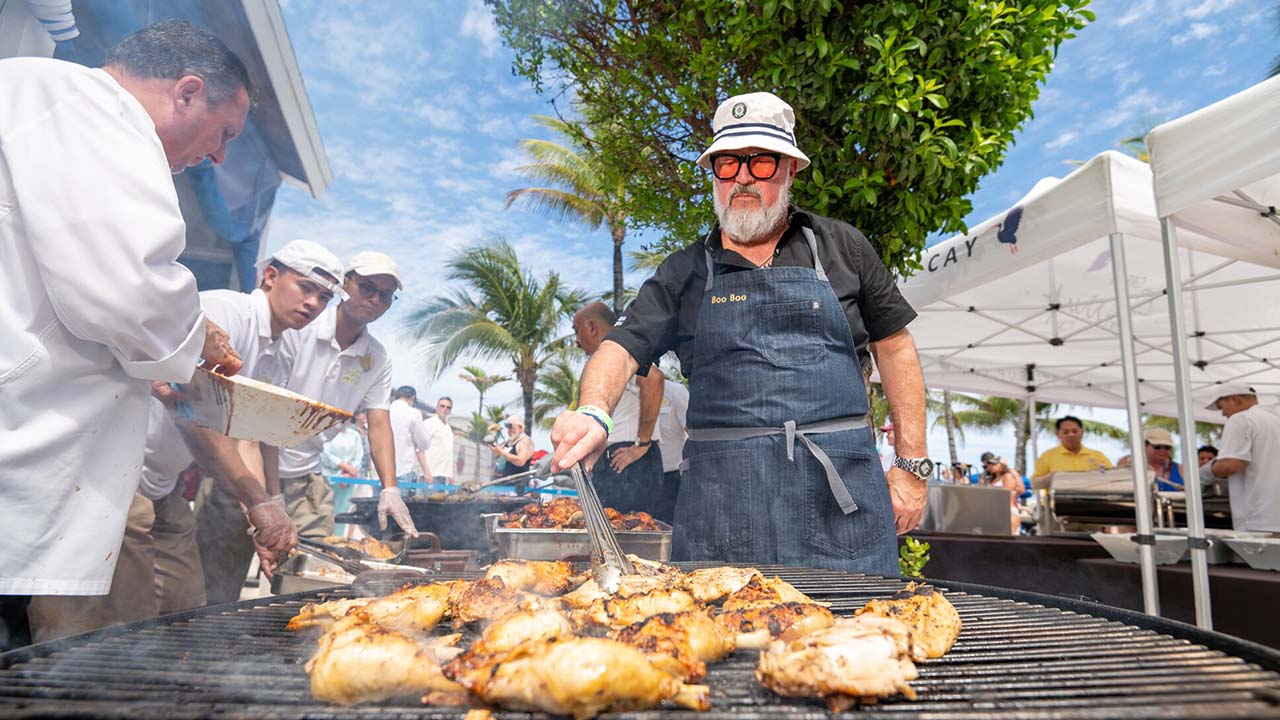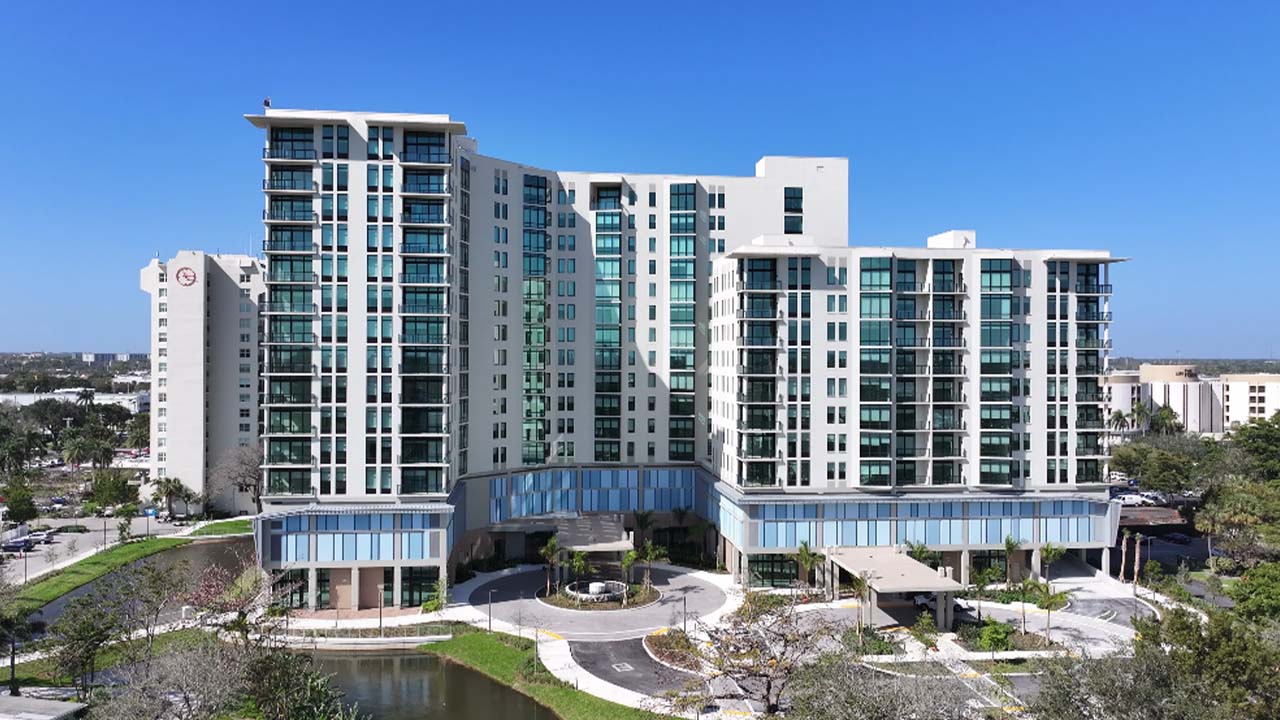By Ana Cedeño
On May 25th, our nation and the rest of the world witnessed yet another unarmed black person being killed by law enforcement—the unlawful killing of George Floyd. This followed the tragic deaths of Breonna Taylor and Ahmaud Arbery just weeks ago. The result has been unyielding protests around the globe that exemplify an irrepressible outrage and cry for justice.
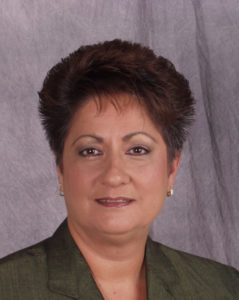
At last count, over 130 cities and towns are still raging in active protests across America, with additional protests taking place in Europe and Canada. Even the global pandemic and unofficial start to summer have taken back seats to racial tensions caused by systemic injustice, leaving our nation wondering what will happen next.
This past weekend was a demarcation of the racial and socioeconomic divide in a country that was founded in pursuit of Liberty and Justice for “All.” It is clear that some in this country, especially black and brown people, have never been granted full liberty nor the elusive justice that many of America’s white citizens casually enjoy. We are the recipients of a system that did not recognize its enslaved blacks as rightful citizens at the writing of the Declaration of Independence, and continues to deny the descendants of those slaves their full unalienable rights. Consequently, racial inequities for most non-white races and cultures in America are at an all-time high. And now, these racial divides have captured the attention of the entire world.
This isn’t the first time in our country’s history that we have seen protests, and this isn’t the first time they have been violent. This isn’t the first time that there has been a delineation between peaceful protests and destruction of property. But the very characterization of these protests is marred by the stain of racism. Those who want to peacefully assemble are demanding justice for the systemic racism and police brutality in this country. Those seeking only to inflict harm and incite terror do not speak for us or our communities.
There are 240 Big Brother Big Sisters agencies nationwide. In 2019, our collective agencies served more than 135,000 children and youth across the country. In urban settings, most of our youth unfortunately experience extreme challenges such as poverty, housing instability, mass incarceration, single-parent households, educational inequality, familial substance abuse, and a host of other detractors that inhibit their potential for success.
Yet we live and breathe a significant part of the solution. Big Brothers Big Sisters programs are evidence-based, and our data demonstrates that mentoring builds key social and emotional skills youth need to succeed in academics, career, and life. We believe in the power of mentorship and the transformational impact relationships can have on the trajectory of a child’s life. We know that every child is one mentor away from actualizing their full potential. Every successful person can tell you about an impactful relationship that changed his or her life for the better. In these times of physical distancing and social upheaval, our “Littles,” particularly our black Littles, need us more than ever before.
The Big Brothers Big Sisters network is comprised of diverse leadership and staff. In fact, we have a long history of bringing people from differing backgrounds and viewpoints together to serve our youth and their communities. We have become experts at leveraging the power of humanity to strengthen communities. We are invested in defending the potential of Littles.
Through mentoring, we provide a viable direct service solution worthy of financial and intellectual investment that delivers social capital now and into the future that we are committed to building. But we cannot rest on the strength of interpersonal relationships alone to resolve the systemic oppression and bigotry that plague communities across America.
Much like the rest of the country, we are unable to sleep in the wake of national protests. We understand the emotion and passion fueling those who protest. Many of our leaders and staff across the country locked arms in protest and are now helping clean up our communities. We are meeting with elected officials and organizing communities to collectively decide how we should begin to move forward.
How can we understand, stay focused, and be present for our Littles, Bigs, and the communities we serve? We, as the largest, national youth mentoring organization in America, are in deep reflection right now. We know some policies and laws that continue to exist in this country don’t fully represent or benefit marginalized people. But we also know there is hope. Hope is seeing young people relentlessly advocating for what they believe in. Hope is witnessing so many black, brown and white allies coming together to say “this is not right.” Yet if we focus only on the small group of looters and organized disrupters, we lose sight of the underlying issues that require action.
Moving forward, Big Brothers Big Sisters agencies are taking action:
- Our leadership and staff will work closely with city and police officials, to help citizens engage in productive outlets allowing for their voices be heard—voices that hope to bring people together.
- We are talking to leaders around the country to dismantle racism, address implicit bias and shine a light on white savior complex—the practice of helping others in a self-serving manner rather than with the dignity that all people deserve regardless of their race, socioeconomic status or station in life.
- We are continuing to prioritize diversity, equity, and inclusion as we hire and partner with individuals and organizations that align with our core values.
- We are encouraging our supporters and community members to get out and vote, as we have a duty to hold our legislators accountable for change.
- We will continue to support community leaders in their efforts to find solutions to our most challenging social justice issues.
- We will provide a variety of educational resources to our Bigs, Littles and their families, helping them to discuss what is happening and how to effectively deal with the aftermath.
- We will continue to ignite the promise and power of hope in the youth we serve.
- We are asking that all of our staff, board members and stakeholders take the oath to be anti-racist. To not be silent.
We have a lot of work to do. Many people, especially the families we serve, are hurting. Today, to our entire community, we declare proudly that we unapologetically serve our black community. We are at a pivotal moment in history. What will you do differently to join the fight against racism?
Ana Cedeño is president and CEO of Big Brothers Big Sisters of Broward County. This was written in collaboration with CEOs of Big Brothers Big Sisters agencies nationwide




